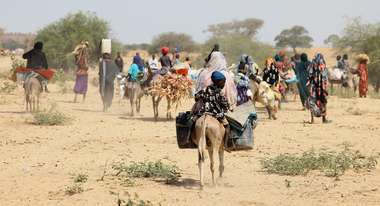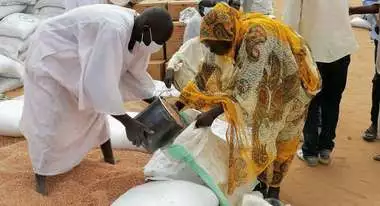Anger, desperation and fear: fleeing from Tigray
The situation in Tigray is extremely critical as the conflict in the Ethiopian region escalates. Many people are fleeing in desperation to Sudan.
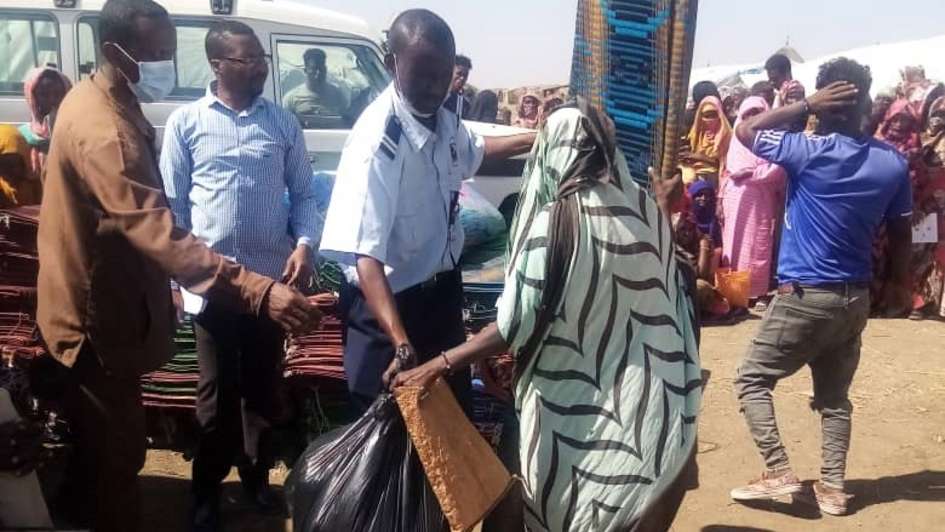
“Look around, we've got nothing!” The elderly man gestures with his arms and points to the people sitting on the ground. They are exhausted and hungry. The tone of the man's voice reveals his agitation. He is a community leader in Tigray, Ethiopia, from which he and many others fled across the border into Sudan. He feels responsible for these people.
Background: In northern Ethiopia, the conflict between the Tigray People's Liberation Front (TPLF) and the Ethiopian military is escalating. Experts are warning that the country is on the verge of collapse.
At home, there is war. Fearful of the consequences, thousands of Ethiopians from Tigray have left their homes and belongings behind. Now they have arrived in Hamdayet, Sudan. Here at least they are on safe ground, on dusty ground. The grounds of the reception centre are vast. With tarpaulins over them and mats to sit on, people settle here.
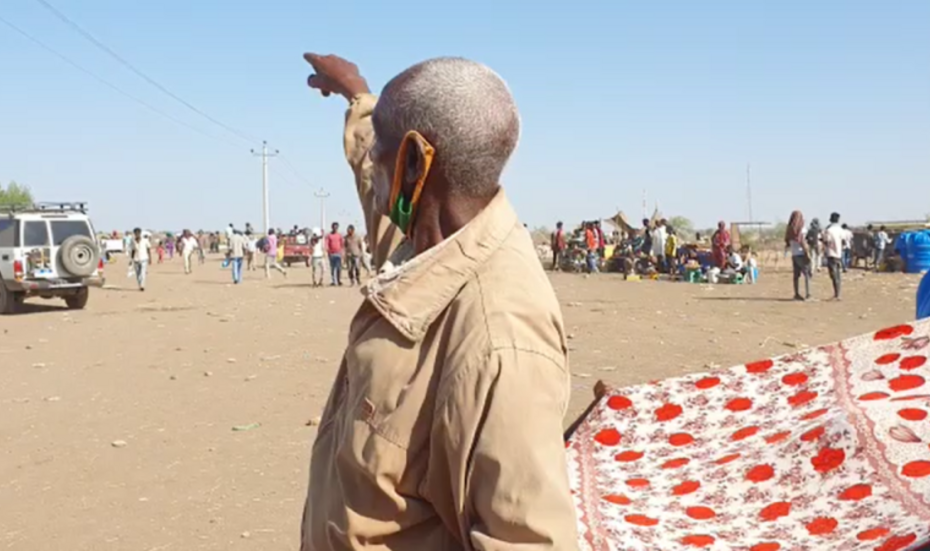
The community leader is distressed that people cannot get adequate care. "Look at all the women and children, we have no toilets, we have nothing to eat, we have nothing!" His anger is increasingly mixed with despair. Where the people come from, they had a home. Now they are dependent on aid.
The conditions in the Hamdayet refugee reception centre are truly critical. Shadrack Mutiso, Welthungerhilfe Coordinator in Kassala, Sudan, reports that initially there were only four latrines on the premises, which was inadequate even before the numbers at the camp began to swell. In the meantime, more makeshift latrines have been set up, so there is at least some dignity and protection, but it is far from enough. Welthungerhilfe and other relief organisations are working continuously to improve conditions. “But we need much, much more,” says Shadrack. “People are standing in long queues here to be officially registered as asylum seekers. And there are more and more people arriving”.
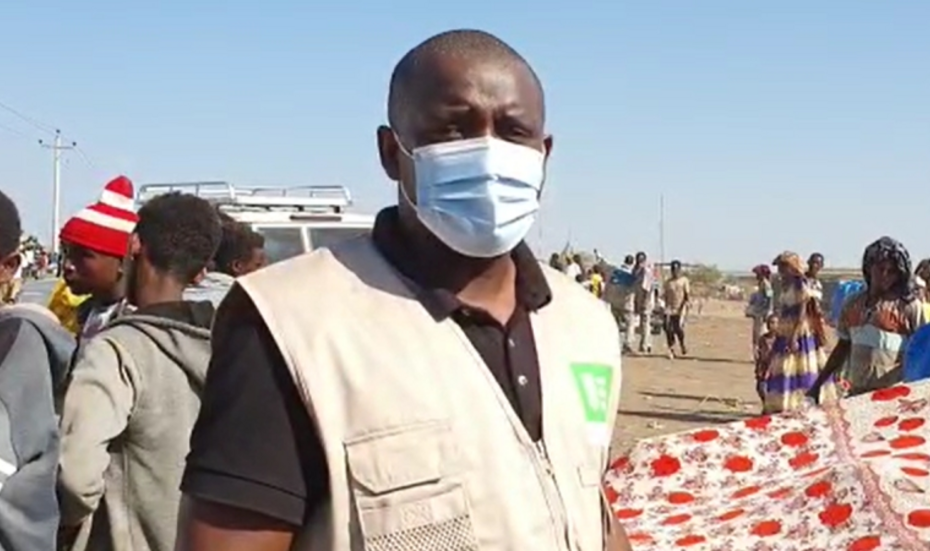
Welthungerhilfe is already distributing relief supplies such as mats and tarpaulins. But it is clear that the aid urgently needs to be increased. It is expected that the number of refugees will increase even more in the coming days and possibly weeks.
The challenges are growing: More and more aid must now be organised and the coronavirus pandemic also presents new tasks for the relief workers deployed in continuous operations. Social distancing must be maintained and enforced and the hygiene conditions are disastrous. But Shadrack is determined: “We can't abandon the people here! We will increase our aid and help as many as we can”. Despite his professionalism, the situation is still affecting him. “There are so many women, children and elderly people here. They have no roof over their heads, they sleep outside. There are no toilets only for women. It is so degrading,” he says before returning to his work.





